After the impressive audience turnout of the first evening at Parco Raggio, the adventure of Concorto continues with a day full of art and cinema.
Today’s not-to-be-missed event is the opening, at 6 p.m. at Palazzo Ghizzoni Nasalli, of the exhibition TT tender terrible by Giovanna Lopalco (aka Pelo di Cane), author of this 18 th Concorto edition poster. To be seen hand-painted azulejos, portraying botanical and animal subjects, a real
journey through the artist’s trademark and through the shapes that do not always meet what the hand wants to draw. The exhibition is free entry and will be open till August 24 th itself. Here Pelo di Cane’s interview.
The screenings in the Arena of Parco Raggio will tonight open with Shadow Cut, the story of a teenage afternoon in New Zealand, and will continue with El Verano del León Eléctrico, a touching story that takes us into the traditional Chilean culture. The first block of shorts ends with Telefonul,
in which Anca Damian reveals before our eyes some of her intertwined and touching memories.
Je sors acheter des cigarettes wonderful animation enhances the complex theme of paternal absence, whereas Sometimes I think about dying takes us to a rarefied America where human relationships are more and more complex. Ogni cosa rosa is an excellent Italian documentary that shows us the story of Ilva di Taranto and we are glad that the two co-directors, Patrizia Emma Scialpi and Fabiana Foschi, will be our guests and will be interviewed in the Grove at 11:30 p.m. for the Midnite Talks. The short films in competition end with Brotherhood, a family story taking place in rural Tunisia, followed by Good Intentions, an animation that turns into a thriller.
Afterward, as already mentioned, the Talks in the Grove and in the Greenhouse, the Absolute Beginners section (here the reviews), as well as the Focus Uncanny Valley (here the reviews) on the relationship between human beings and technology.
See you tonight!
Shadow cut – Lucy Suess
As seen by Elena Saltarelli
This short film, by Lucy Suess, succeeds in his ambitious aim of condensing several themes within a product that lasts less than four minutes.
If you live in a small rural town in New Zealand, where everything has already been chosen, trying to understand who you are, which is your place in the world and what you can do to change your own destiny can be frustrating. Trying to see beyond seems to be the purpose of the main character, a young man who is in struggle with the suffocating and monotonous rhythm of a life that does not suit him and his affection for one of his schoolmates.
During a day spent with her, he can make a choice, which is liberating, but that also brings some consequences. This way, an emancipation and growth process, that differentiates him deeply from his peers, begins.
The choice of the director to let inexperienced people acting is interesting because it is extremely neo-realistic and leads to a sincere narration, where different themes, probably hearth-felt by the actors/non-actors themselves, are expressed with immediate freshness and without rhetoric.
El Verano del León Eléctrico – Diego Céspedes
As seen by Margherita Fontana
El Verano del León Eléctrico, by Diego Céspedes, is an award-winning short film (Cinéfondation selection winner at Cannes in 2018), that conveys us the traditional Chilean culture, together with its dramas and distortions. The young Alonso accompanies his sister to meet the prophet, the so-called Lion, who is supposed to be able to electrocute people only with the touch of his hand. With an accessory mother, the young girl is destined to become his seventh wife. This drama of a stolen childhood happens during a summer, which is anything but lively, surrounded by the livid tones of desertion and despair.
Telefonul – Anca Damian
As seen by Vanessa Mangiavacca
Anca Damian relives some of her memories, floating in surreal, evoked, imagined worlds which cross the threshold of the tangible. It is the first animated short film by the Romanian director, whose presence is now a must at the most important international festivals: since the beginning,
Anca relies on this genre to give life to new realities, and in this case, it embodies the need to rebuild a past that cannot return.
An old lady, an anthropomorphic mother sewn with memories, plunges into her bathtub to find a fourth dimension below the surface of the water, where she can hover and find herself again. An intimate and feminine solo dance, together with a harmonious couple dance as well as the
celebration of a love that will never return. The call reflects on eternity, on how time can assume new shapes thanks to fantasy and love. Present, past, and future merge together in a single moment, in a oneiric and timeless journey.
Je sors acheter des cigarettes – I’m going out for cigarettes
As seen by Elena Saltarelli
This animated short film, whose director is the French Osman Cerfon, sees as main character a young boy living with his mother and his sister, together with many hidden men. The boy has an ambiguous relationship with them, a relationship built on teasing as well as helping. These men
have many faces and many personalities, and they are not going to leave until he gives a face on that hulking absence which is filling the apartment.
This short film amazingly succeeds in making bittersweet and assimilable a complex and extremely heavy theme such as that of paternal absence. Each character, in his own way, tries to give this a meaning and to live together with this emotional void, replacing it with something different, with waiting, with vain hope. Rich in allusions and suggestions, such as the recurrent references to René Magritte, a great painter of paranoia and dormant suffering, this work is confirmed as one of the most interesting and multifaceted short film in selection.
Sometimes I think about dying – Stefanie Abel Horowitz
As seen by Carlotta Magistris
With its cold colours, Sometimes I feel about dying represents an effective postcard of depression, the silent story of a lonely young lady and of an emptiness difficult to express and to overcome. Complicated in itself, insurmountable in front of those who try to overcome this ice wall, or that at
least try to melt it but disappointing the expectations, conversations and car journeys along with a blanket of fog, deadly thoughts that never leave and no mask to fake an apparent compliance. But then, whether by choice or by necessity, some ice melts and finally the starting – or the arrival –
point appears.
Ogni cosa rosa – Patrizia Emma Scialpi
As seen by Vanessa Mangiavacca
When we think about Taranto, we only remember its dark sides: high red and white striped towers that cut the horizon and clouds of black smoke that rise in the sky. News, protests, funerals. But Taranto is more: it is the Focarino’s Pine Forest, an uncontaminated area; it it the gazes of the fishermen, Alfredo’s mussels. It is the biggest Mediterranean colony of seahorses that, in spite of everything, was able to adapt, finding its own dimension. Taranto is the speeding of bicycles, a ball in a square. The city does not turn pink because of the sunset or because of a pink flamingo in the sky, but because of industrial dust that every year covers the city and its houses. This reminds us that death is everywhere, on every single wall and it makes fun of an unaware generation that, still full of life, runs through the streets. Without them Taranto would not resist.
Brotherhood – Meryam Joobeur
As seen by Margherita Fontana
What does brotherhood mean? Which is our family? Where do we belong? Which is our religion? These are crucial questions that Brotherhood by Meryam Joobeur asks us. As his elder son Malik comes back home in Tunisia, after the war in Syria, Mohamed’s heart and mind are riddled with
doubts. Brotherhood shows us the contradictions that destroy religious and family bonds during this contemporary war with attention, avoiding sentimentalisms.
Good Intentions – Anna Mantzaris
As seen by Yorgos Kostianis
A young woman drives home in the middle of the night. At a crossroads she crashes into another car. Still hazy from the collision she glances at the other injured driver and takes the mindless decision to drive away. As the days pass, her guilt keeps on haunting her in a quite spooky and paranormal fashion. Anna Mantzaris’ name has been rising through the ranks and with good reason. Having worked as an animator for Wes Anderson’s Isle of Dogs she consolidated her own trademark aesthetic mixed with some dark humour and narratives based on the melancholic undertones of everyday people, that more often than not hit quite close to home.

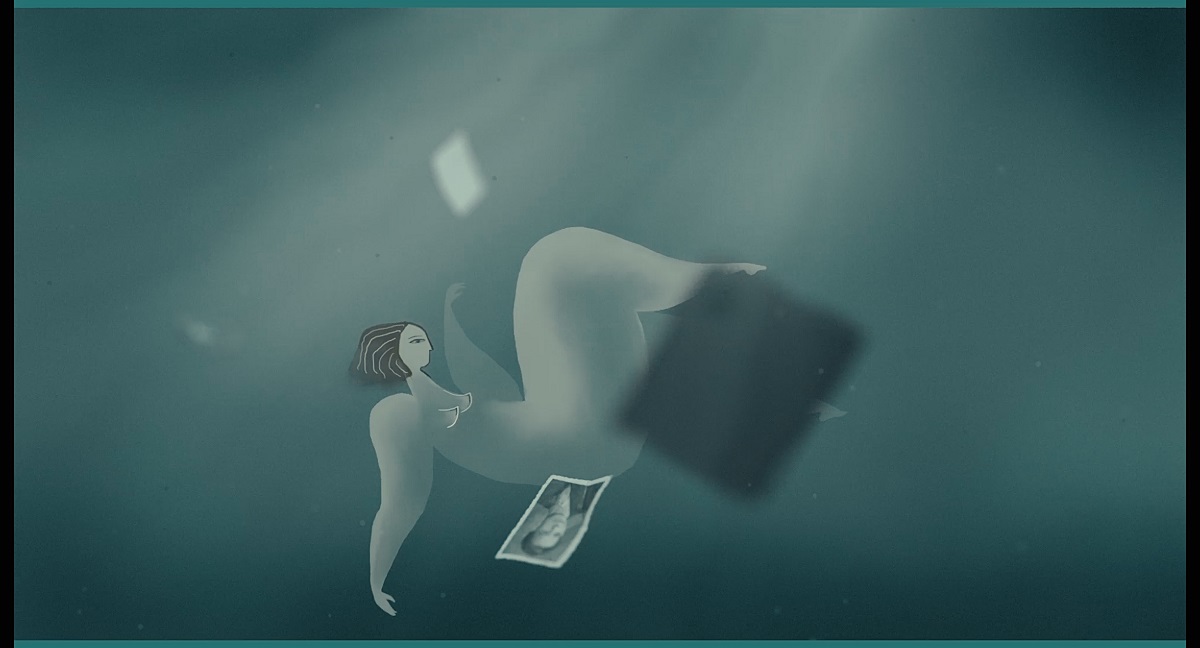
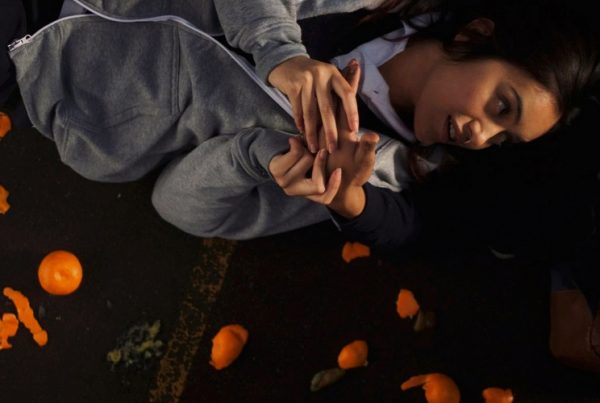
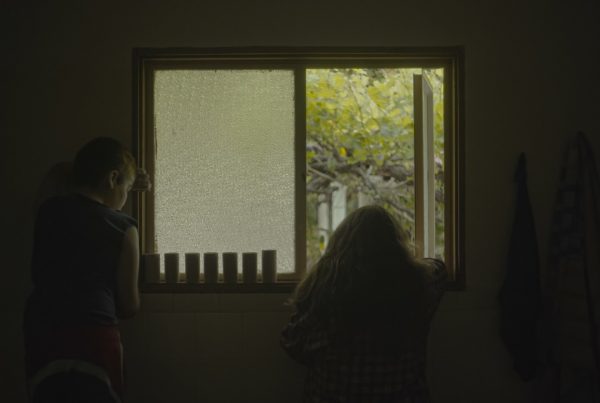
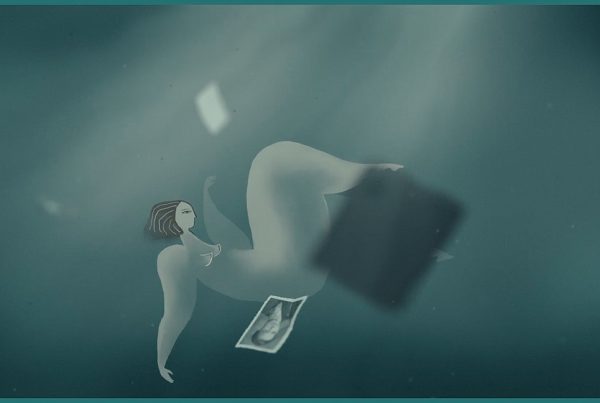
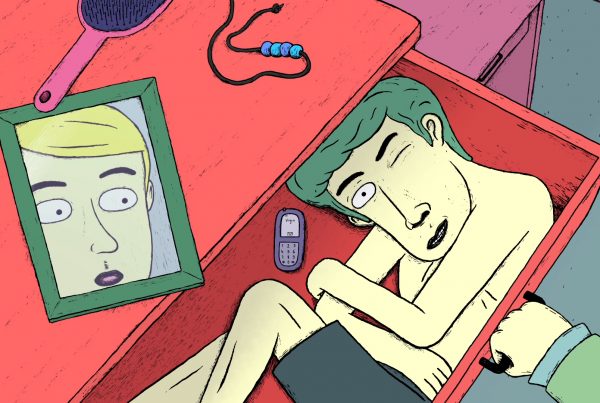
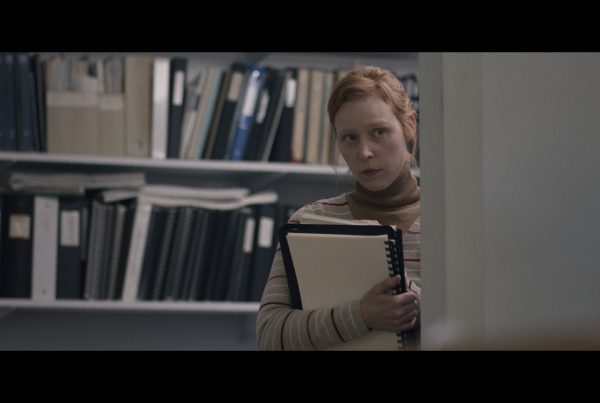
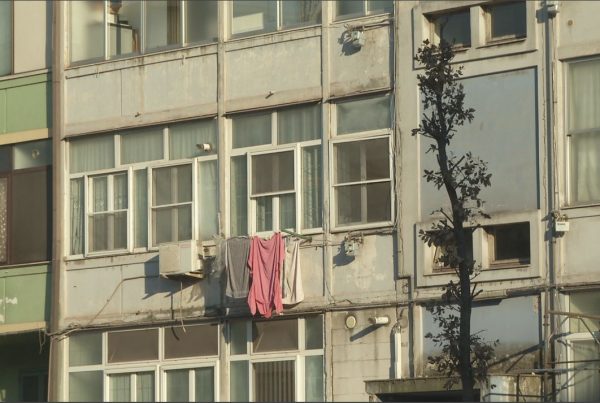
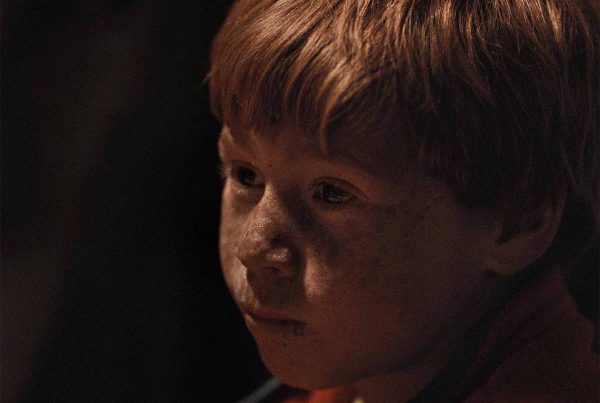
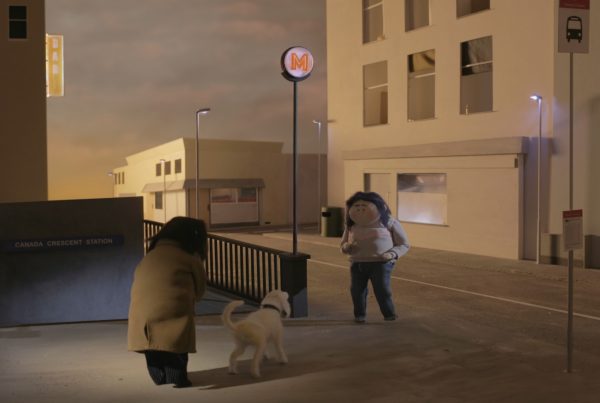

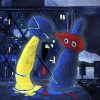

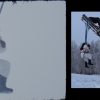


Commenti recenti